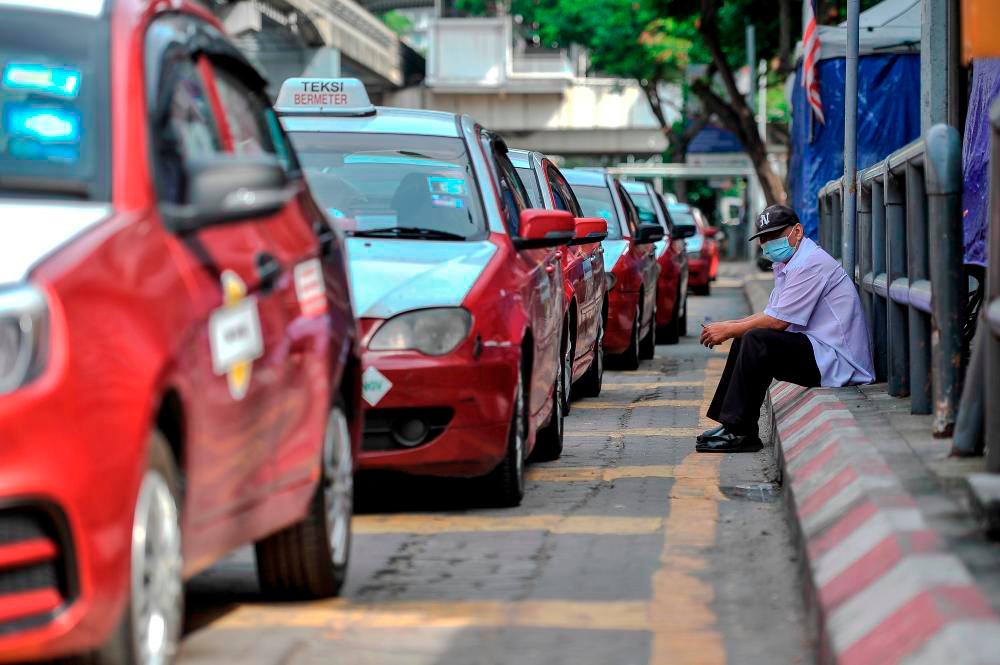PETALING JAYA: Employing senior citizens is more sustainable than hiring foreign labour, and may lessen poverty among the elderly in the country, said Cheah Tuck Wing, founding president of Third Age Media Association, an NGO representing the interests of senior citizens.
Last month, Human Resources Minister V. Sivakumar said there were 1.3 million foreign workers in Malaysia and as of Sept 26 last year, his ministry had approved the employment of another 541,315 of them to address the labour shortage, which is still plaguing local industries, with employers hoping to fill vacancies at optimum level.
“Giving work to senior citizens may help elevate their household income as a short-term solution, but will not uplift them from the clutches of poverty. The government needs to relook employment, wages and the whole system holistically,” Cheah said.
“Many local and foreign workers are exploited and short-changed as there are no unions to defend them, unlike in some countries.
“If an accident or a major health issue affects the breadwinner, the whole family will be in jeopardy. They have no insurance to fall back on and no collateral to take out a loan. This predicament is being experienced by many from B40 families and senior citizens.”
Cheah said a universal basic pension must be considered by the government, especially for the B40 and the needy.
“Employing senior citizens as an option has many benefits. The government should provide tax incentives and other motivations for employers to hire them.
“It is proven that seniors who continue to work are healthier both physically and mentally.”
He said with such a move, the government would spend less on healthcare and other related costs as seniors, whose population is fast growing, become healthier and less dependent on the government.
“Seniors have accumulated vast experience, knowledge and skills, which they can contribute to employers, the economy and society. Their expertise and virtues are sought after by most organisations.
“In white-collar jobs, they are more reliable and consistent as they tend to stay on the job for longer periods compared with younger employees. Organisations understand that senior citizens, especially those at management level, have strong leadership, good language and organisational skills,” Cheah told theSun.
He said many senior citizens also possess good governance, that has been learned over decades of working, and this can help propel their younger teams forward.
“Their established track record in managing changes, uncertainties and conflict is in great demand. Their talents and skills should not be wasted.”
A World Bank report released in 2020 found that 7% of Malaysians were aged 65 and above, which classified the country as an “ageing society”.
The report also said the rate of ageing would increase in the coming years, with those aged 65 and above projected to double to 14% by 2044 and 20% by 2056, resulting in the Malaysian society becoming “super-aged”.
Economist and former Treasury secretary-general Tan Sri Mohd Sheriff Kassim said Singapore is employing its senior citizens to keep them active and not be too dependent on foreign labour.
“This is a way for senior citizens to keep themselves healthy and active. There will be some limitations on what they can do, such as hard physical work, but their experience in corporations as managers and senior executives is something that can be passed down to the younger generation, so we can have skill sets that are a mix of old and new.”
Sheriff said this will help poor families to have additional earners who can increase the total household income and enable them to get out of poverty.
“This is a solution for the poor and needy and the government to address the shortage of workers nationwide.”









